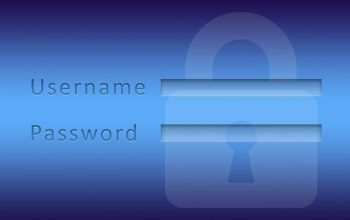- What is a VIN and Why is it Important?
- The Components of VIN Registration Costs
- How to Navigate the VIN Verification Process
What is a VIN and Why is it Important?

The Components of VIN Registration Costs

How to Navigate the VIN Verification Process

Navigating the VIN verification process involves several key steps. First, conduct a VIN lookup using an online VIN decoder to access detailed vehicle information, including its history and any potential issues. This step is crucial for ensuring that the car you’re registering is genuine and has not been reported stolen or had previous damage. Next, obtain the necessary documents, such as the title, proof of insurance, and a valid driver’s license. These will be required during the vehicle title registration process.
Once prepared, visit your local DMV office or complete the automobile registration process online to initiate license plate registration. During this stage, you’ll need to provide the VIN check online to verify the car’s details against the manufacturer’s records. This step ensures accuracy in the registration data and helps prevent errors or fraud. After verification, pay the required VIN registration cost, which varies based on your location and vehicle type. Finally, receive your new registration documents and license plates, completing the entire VIN verification and registration process smoothly and efficiently.
Understanding the VIN registration process and its associated costs is key to ensuring a seamless car ownership experience. By familiarizing yourself with each step, from VIN lookup to verification, you empower yourself to navigate the automobile registration process effortlessly, whether it’s for a new vehicle or renewing your license plates. This knowledge allows you to budget effectively and maintain your vehicle’s validity in the eyes of the law.



